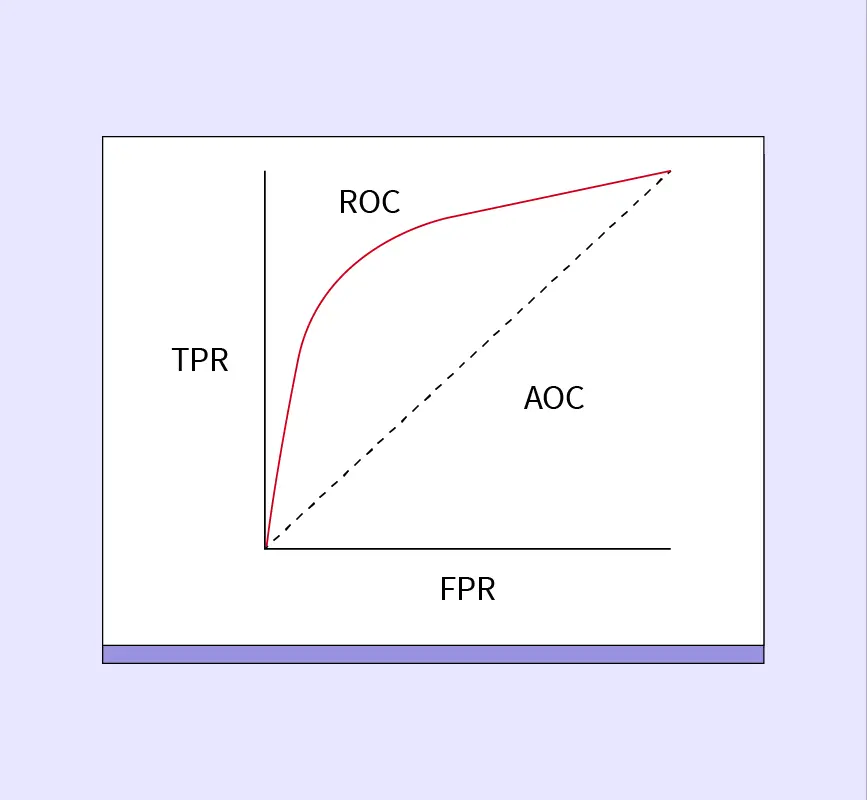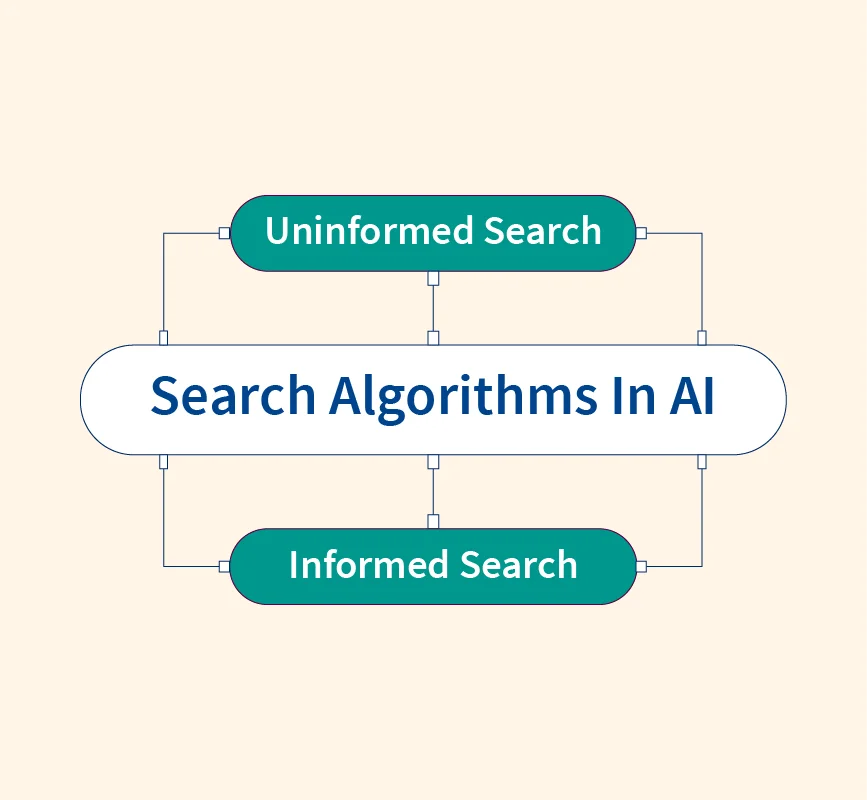The demand for data science careers is surging as organizations increasingly rely on data-driven decision-making. Across industries, data science has become a critical tool for gaining insights, predicting trends, and solving complex challenges, making it one of the most promising career paths in today’s technology-driven world.
What is Data Science?
Data science is a multidisciplinary field that focuses on extracting meaningful insights from structured and unstructured data. It involves using advanced techniques such as statistical analysis, machine learning, and programming to analyze vast datasets and solve complex problems. The scope of data science extends across various domains, including healthcare, finance, retail, and technology, driving innovation and efficiency.
Key skills required for a career in data science include:
- Statistical Analysis: Understanding data distributions, trends, and relationships through statistical methods.
- Programming: Proficiency in languages like Python, R, and SQL for data manipulation and modeling.
- Machine Learning: Applying algorithms to build predictive models and uncover patterns.
Data science differs from related fields like data analytics in its approach and objectives. While data analytics focuses on interpreting historical data to generate actionable insights, data science goes further by creating predictive and prescriptive models. It integrates a broader range of methodologies, such as artificial intelligence and big data processing, to tackle future challenges and optimize decision-making processes.
Data Science Job Roles
1. Data Scientist
A Data Scientist is at the core of data science teams, responsible for analyzing large datasets to derive actionable insights and solve business problems. Typical projects include predictive modeling, customer segmentation, and natural language processing. Essential skills for this role include statistical analysis, machine learning, and programming languages like Python and R. Tools such as TensorFlow, Hadoop, and SQL are commonly used to build models and analyze data.
2. Data Analyst
A Data Analyst focuses on interpreting data to create meaningful visualizations and reports. They play a critical role in helping organizations make data-driven decisions by analyzing historical data trends. Unlike a data scientist, a data analyst typically deals with structured data and does not build complex machine learning models. Key skills include data visualization using tools like Tableau or Power BI and proficiency in SQL for querying databases.
3. Data Engineer
Data Engineers build and maintain the infrastructure required for data storage and processing. They manage data pipelines, ensuring data flows efficiently from various sources to analytics systems. Expertise in ETL (Extract, Transform, Load) tools, cloud platforms like AWS or Google Cloud, and database management systems is crucial. Their work lays the foundation for data scientists and analysts to perform their roles effectively.
4. Machine Learning Engineer
A Machine Learning Engineer specializes in building, deploying, and optimizing machine learning models. They collaborate with data scientists to transform models into scalable applications used in production. Proficiency in machine learning frameworks such as TensorFlow, PyTorch, and Scikit-learn, combined with software development skills, is essential for this role. They play a vital role in integrating AI-driven solutions into businesses.
5. Business Intelligence Analyst
A Business Intelligence Analyst bridges the gap between data and decision-making by translating complex data insights into actionable business strategies. They use BI tools like Tableau, Power BI, and Qlik to create dashboards and reports. Their focus is on driving business growth by identifying key performance indicators (KPIs) and optimizing organizational processes.
6. Data Architect
Data Architects design and implement robust data storage and retrieval systems. They focus on creating frameworks for managing large datasets efficiently, often utilizing cloud computing platforms such as AWS, Azure, or Snowflake. Their role is critical in ensuring that data infrastructure aligns with the organization’s goals, enabling seamless data integration and accessibility across teams.
The Career Path to Becoming a Data Scientist
1. Educational Background
To embark on a career as a Data Scientist, a solid educational foundation is crucial. Degrees in Computer Science, Statistics, Mathematics, or dedicated Data Science programs are ideal starting points. For those seeking faster routes, data science bootcamps offer intensive training in essential skills.
Programming proficiency in languages like Python and R is a must, as they are extensively used in data manipulation and analysis. A thorough understanding of statistics, including probability and regression analysis, forms the backbone of data science practices. Certifications such as Google Data Analytics, AWS Certified Machine Learning, or IBM Data Science Professional Certificate add credibility to your expertise.
2. Building Skills
Aspiring data scientists need to acquire a mix of technical and soft skills. Technical skills include:
- SQL for database management and querying.
- Machine Learning techniques for predictive modeling.
- Big Data tools like Hadoop and Spark for handling large datasets.
Soft skills such as effective communication and teamwork are equally important, enabling data scientists to present their findings clearly and collaborate with cross-functional teams. Tools like Tableau and Power BI aid in data visualization, enhancing storytelling capabilities.
3. Gaining Experience
Practical experience is vital to succeed in data science. Internships provide hands-on exposure to real-world problems, while participating in Kaggle competitions allows you to test your skills against global peers. Building a robust portfolio showcasing diverse projects, such as predictive models, NLP applications, or data visualizations, demonstrates your versatility to potential employers.
Engaging in open-source projects or contributing to GitHub repositories is another way to showcase your coding proficiency and commitment to continuous learning.
Industry Outlook for Data Science Careers
The demand for data science professionals continues to grow exponentially as industries increasingly rely on data to drive decisions. Healthcare, for example, uses data science for patient diagnostics and personalized treatments, while finance employs predictive analytics for fraud detection and investment strategies. In e-commerce, companies like Amazon and Flipkart leverage data to optimize recommendations and inventory management.
Global and Regional Job Market Trends
In regions like India, the data science job market is witnessing a significant boom due to the widespread adoption of digital transformation and AI. Industries such as IT services, banking, and healthcare are heavily investing in data-driven technologies, creating thousands of job opportunities annually.
Salary Expectations and Career Progression
Data science professionals in India enjoy competitive salaries. Entry-level Data Scientists earn an average of ₹6–8 LPA, while mid-level professionals with a few years of experience can expect ₹10–15 LPA. Senior-level roles often exceed ₹25 LPA, depending on expertise and industry.
Career progression in data science is dynamic, with opportunities to advance into roles such as Senior Data Scientist, AI Engineer, or even Chief Data Officer (CDO). The combination of technical expertise, problem-solving skills, and continuous learning ensures sustained growth and opportunities in this ever-evolving field.
Challenges and Prerequisites in Data Science Careers
Pursuing a career in data science comes with its set of challenges and prerequisites. As the field evolves rapidly, staying updated with the latest technologies, tools, and techniques is critical. Professionals must continuously learn to adapt to new advancements like deep learning frameworks, big data tools, and cloud computing platforms.
Common Challenges
- Evolving Technologies: The fast pace of innovation demands regular upskilling, which can be overwhelming.
- Complex Problem-Solving: Handling unstructured data and solving real-world problems require significant expertise.
- High Competition: The growing popularity of data science means aspiring professionals must stand out with strong portfolios.
- Domain Knowledge: Applying data science effectively often requires understanding specific industries like healthcare or finance.
Key Prerequisites
- Analytical Thinking: The ability to interpret data, identify trends, and derive insights is crucial.
- Programming and Technical Expertise: Proficiency in programming languages like Python, R, and SQL is essential.
- Adaptability: Being open to learning new tools and techniques ensures long-term success in this dynamic field.
- Communication Skills: Translating complex data insights into actionable business strategies is a core requirement.
By overcoming challenges and meeting these prerequisites, data science professionals can thrive in one of the most rewarding and impactful career paths today.
Tips for Succeeding in a Data Science Career
Success in a data science career requires a combination of skills, strategy, and continuous effort. Networking plays a vital role in building professional connections and staying updated on job opportunities. Joining data science communities like Kaggle, GitHub, or LinkedIn groups fosters collaboration and knowledge-sharing.
Keeping pace with industry trends is essential. Regularly exploring new tools like TensorFlow, PyTorch, or data visualization software ensures you remain competitive. Subscribing to industry blogs, attending webinars, and participating in hackathons are effective ways to stay informed.
Lifelong learning is a cornerstone of this field. Certifications like AWS Certified Machine Learning Specialist or Google Data Analytics Professional Certificate can strengthen your expertise and validate your skills. Investing in online courses and attending workshops ensures your knowledge evolves with the field.
Finally, focus on building a diverse portfolio that highlights your proficiency in real-world projects. By combining networking, adaptability, and a commitment to learning, you can create a successful and sustainable career in data science.
Conclusion
A career in data science offers endless opportunities to innovate and make a meaningful impact. While challenges like staying updated and mastering tools exist, the rewards of solving real-world problems are immense. Embrace continuous learning and dive into this dynamic field to unlock a future of growth and success.
References:


